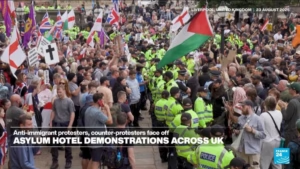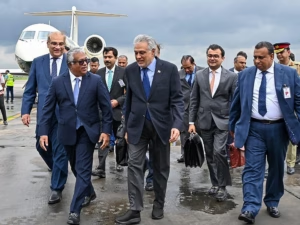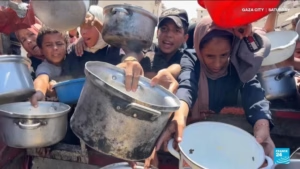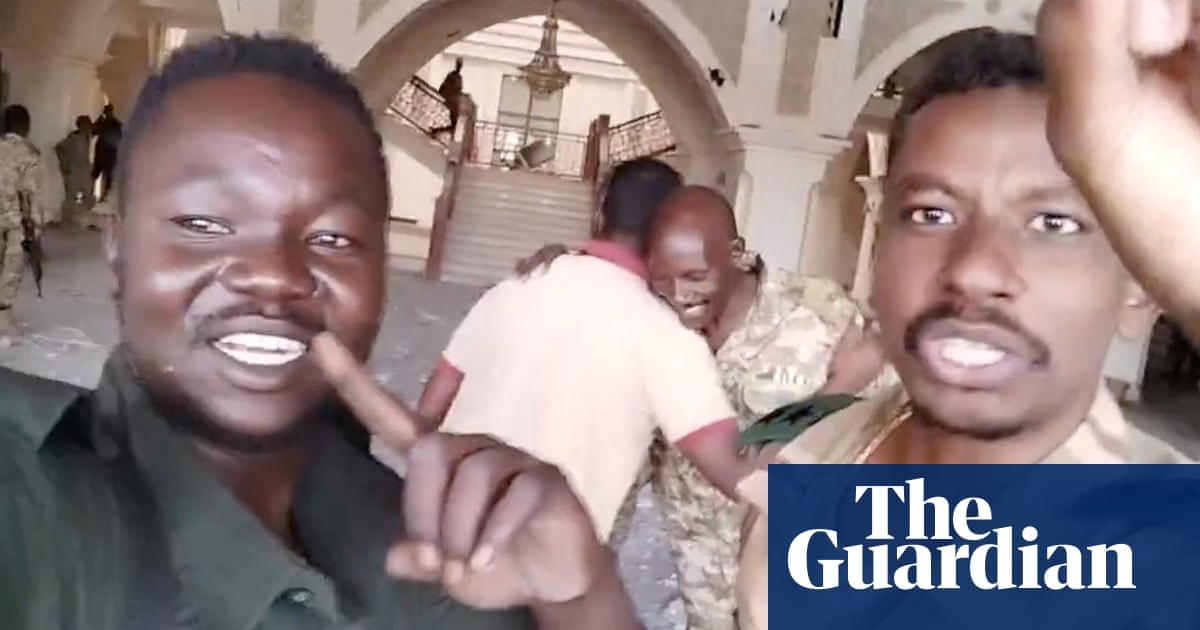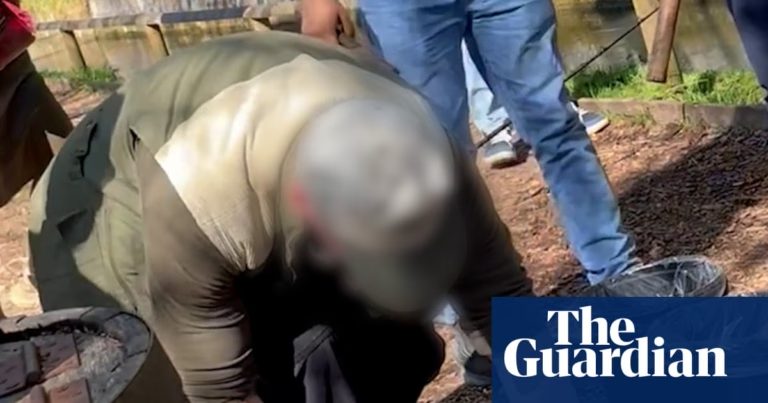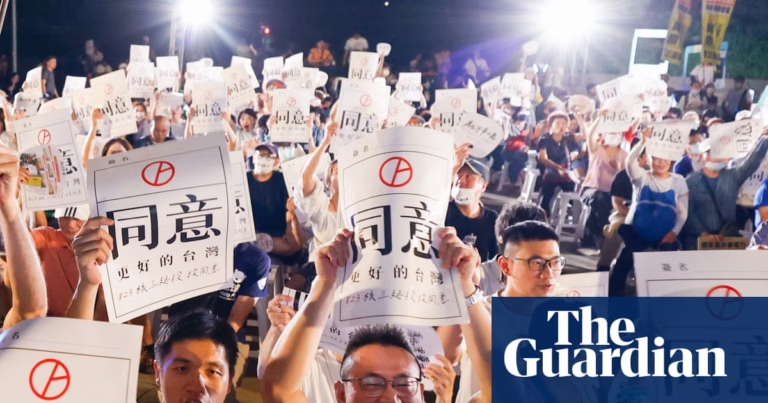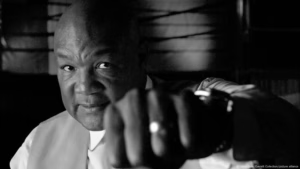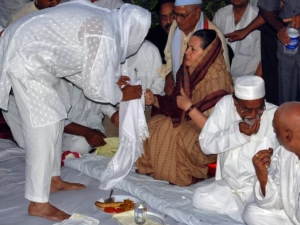The Sudanese army has successfully recaptured the presidential palace in Khartoum, marking a significant victory over the paramilitary Rapid Support Forces in the ongoing civil war. Videos shared on social media revealed soldiers equipped with assault rifles and rocket-propelled grenade launchers within the partially damaged building. An officer, visibly wearing a captain’s insignia, declared the takeover of the palace in a video, confirming the troops’ presence within the compound. Sudan’s information minister, Khaled al-Aiser, posted on X, stating that the military had regained control of the palace, emphasizing the ongoing fight for complete victory.
Intermittent gunfire was heard throughout the capital on Friday, but it remained unclear whether these were indicative of ongoing fighting or celebratory in nature. Following the capture, the RSF, under the leadership of Gen Mohamed Hamdan Dagalo, responded with deadly drone attacks. Shortly after state television broadcast scenes of fighters celebrating within the palace, a drone strike claimed the lives of three journalists, according to an army source cited by Agence France-Presse.
The RSF claimed responsibility for a “lightning operation” around the palace, which they alleged resulted in the deaths of over 89 enemy personnel and the destruction of various military vehicles. They vowed that the battle for the Republican Palace was far from over and pledged to continue fighting to dislodge the army from areas they had retaken. Despite the army’s progress, the RSF retains control in the western Darfur region, threatening to de facto partition the country. The RSF is attempting to establish a parallel government in areas under their control, though this effort is unlikely to receive widespread international recognition.
Late on Thursday, the RSF claimed control of the city of al-Maliha, a strategic desert city in North Darfur near the borders of Chad and Libya. Although the Sudanese military has acknowledged fighting in the area, they have not confirmed the loss of the city. Al-Maliha is approximately 125 miles north of El Fasher, which remains under the control of the Sudanese military despite frequent strikes from surrounding RSF forces.
The head of the UN children’s agency has described the conflict in Sudan as the world’s largest humanitarian crisis, with the war having killed tens of thousands, displaced millions, and left some families in dire conditions, resorting to eating grass to survive as famine affects parts of the country.
Sudan’s instability can be traced back to 2019 when a popular uprising led to the removal of long-time autocratic President Omar al-Bashir. A brief attempt at democracy was derailed by a military coup led by Gen Abdel Fattah al-Burhan and Dagalo in 2021. The subsequent conflict between the RSF and the Sudanese military in 2023 has led to allegations of human rights abuses from both sides, with the US state department under former President Biden declaring the RSF as responsible for genocide. Both the military and the RSF have denied these allegations.
External actors, including Chad, Egypt, Turkey, Iran, Libya, Qatar, and Russia, have become involved in the conflict, with Saudi Arabia and the United Arab Emirates accused of providing financial and military support to the Sudanese army and the RSF, respectively. However, both countries have denied these claims.
Source: https://www.theguardian.com/world/2025/mar/21/sudan-army-recaptures-presidential-palace-khartoum-major-battlefield-gain
